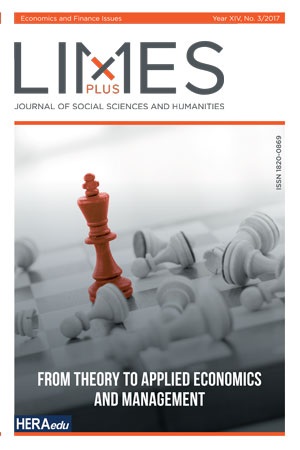An Analysis of Urban Planning in Postsocialist Societies Through the Concept of Sustainable Development: Evidences from Budapest and Belgrade
An Analysis of Urban Planning in Postsocialist Societies Through the Concept of Sustainable Development: Evidences from Budapest and Belgrade
Author(s): Carlos Zepeda, Siniša ZarićSubject(s): Social development, Socio-Economic Research
Published by: HESPERIAedu
Keywords: sustainable development; social capital; cultural capital; creative districs; urban planning
Summary/Abstract: In the postsocialist societies, such as Hungary and Serbia, the urban planning and development reflects confronting injustices of economic, environmental and social character. In this study were shown the similarities, and the differences that are characteristic for the modern development of Budapest and Belgrade, and their districts. The survey undertaken in the two capitals gives evidence of the opinión of the citizens on some development issues. Besides the initiatives, some of bottomup charácter (Savamala in Belgrade, Jewish quartier in Budapest), the results are similar and cannot be taken as encouraging: most of the citizens report of the prolonged time for acces to the open urban spaces, even to the retail areas. The conclusions are that the identified problems of the urban development, particularly of the city centers (Erzsebetvaros) and of New Belgrade ( mainly residential area with increasing status of a business center), have a negative impact on creating local social capital and the sense of pride of their citizens.
Journal: LIMESplus
- Issue Year: 2017
- Issue No: 3
- Page Range: 75-91
- Page Count: 17
- Language: English

